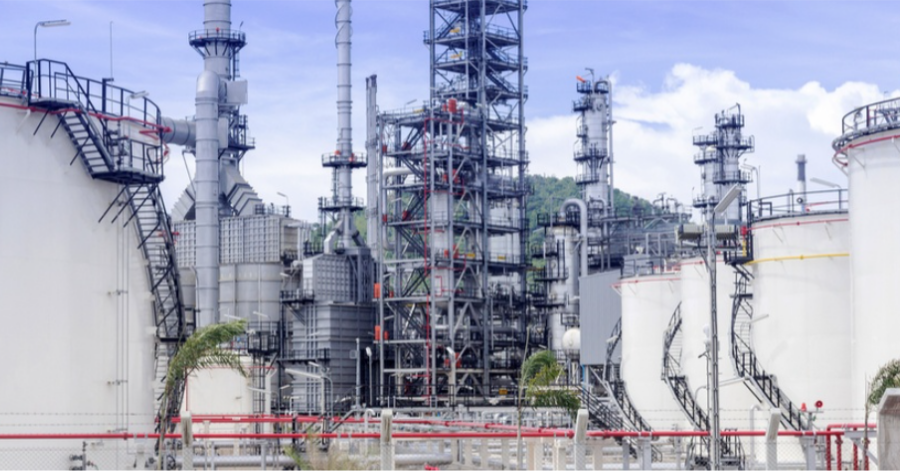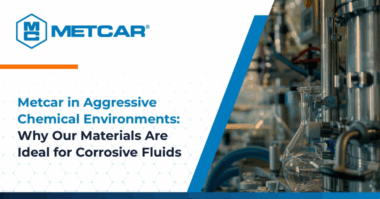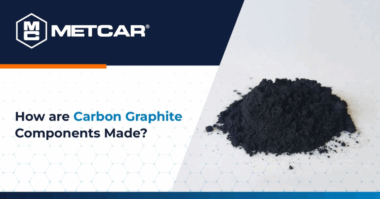Oil and gas refineries must design their systems with disaster in mind to avoid worst-case scenarios. Fire safety is a paramount concern given the volatile substances they deal with. Situations that are already dangerous can become fatal if an oil line has no means of effectively cutting off or containing oil flow in the event of a fire.
One way the industry works to prevent these situations from ever happening is by setting standards that promote safe and reliable engineering, set by The American Petroleum Institute (API). In an oil line, these standards oversee that fire-safe valves and shaft sealing systems are able to withstand extreme heat for extended periods of time while maintaining a leakproof seal.
Heat-Proof Parts That Endure Extended Exposure
API regulation 607 outlines the procedures for testing soft-seated quarter-turn valves when exposed to specified fire conditions. Valves are leak tested before and after extended exposure to extreme temperatures. To conform to this standard, valve manufacturers often turn to modern graphite materials to perform in situations where valve seats of other materials like PTFE and PEEK would fail.
Many shaft sealing systems are also regulated by API and require special attention to meet certain criteria. API 682 is a mechanical seal standard for centrifugal and rotary pumps intended to ensure an uninterrupted three-year service life while maintaining compliance with emissions regulations. As is the case with API 607, many mechanical seal vendors rely on graphite to provide this longevity and durability in their seals. High-quality coked materials with few impurities and a highly developed graphite structure have been proven in many applications to hold up to the procedures outlined in API 682 and 607. They are the material of choice for many fire-safe valve and seal manufacturers and for extreme application conditions because the material is more oxidation-resistant and durable at high temperatures.
Choose Impregnation Media Carefully
Older materials in pump seals that used resin-based impregnation have been known to blister due to high pressures and temperatures, which would naturally cause leaks because the face loses its smooth surface. One way to meet API standards while ensuring efficient leak-proofing and preventing blistering is by using antimony impregnated material. This material remains blister-free for longer periods of time under high temperature and pressure and can be used to meet the API 682 standard.
API standards are updated and revised consistently, so it is important to stay up to date with these standards to make sure your equipment is compliant. Regular testing of valves and sealing shafts is crucial, not only to ensure compliance but to ensure a safe working environment.




